Stanford's Study Uncovers Predictable Genetic Changes Leading to Cancer
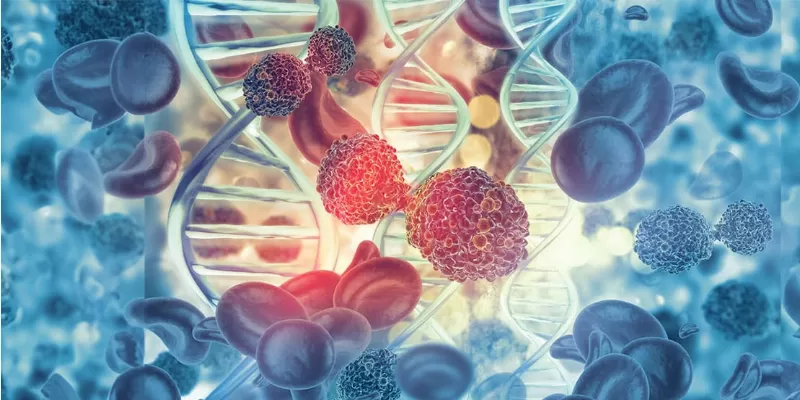
2 September 2023
Stanford Medicine researchers have unveiled that cancer cells undergo predictable genetic changes years before becoming pre-malignant. By studying the early stages of human cancers, the team observed the sequential accumulation of specific genetic modifications in cancer precursor cells. These alterations largely influence pathways controlling cell division, structure, and signaling, predisposing the cells towards malignancy before any symptoms manifest. The discoveries suggest potential for even earlier cancer diagnosis and interventions that might halt the disease's progression.
Human cells exhibit a series of predictable genetic changes leading to pre-cancer. By blocking these changes, intervention before cancer develops might be possible. The study is the first to comprehensively track the early stages of human cancers, from cells with a single cancer-priming mutation to descendants with numerous genetic abnormalities.
The research builds on prior findings from Christina Curtis, PhD, professor of medicine, of genetics and of biomedical data science at Stanford, indicating certain colon cancer cells acquire metastatic ability long before detection. Professor Curtis's team observed cells, which had undergone specific genetic changes, for over two years. Their observations focused on gastric organoids - three-dimensional stomach cell clusters from gastric bypass patients. These cells were altered to mimic early cancer development by disabling p53, a protein linked to many human cancers.
“Ideally, we would find ways to intercept this progression before the cells become truly cancerous. Can we identify a minimal constellation of genetic alterations that imply the cell will progress? And, if so, can we intervene? The striking reproducibility in the genetic changes we observed from multiple donors suggests it’s possible.” Professor Curtis said.
In the course of the study, patterns emerged. Despite the randomness of the genetic changes, those enhancing cell fitness consistently dominated, reflecting an evolutionary advantage. These alterations commonly affected pathways that manage cell division, internal signaling, and structural orientation. Importantly, these changes weren't just arbitrary. They consistently mirrored mutations found in certain stomach cancers and Barrett’s esophagus, a pre-cancerous condition. This predictability at the genomic level provides insights into cancer's onset.
“There are reproducible patterns. Certain regions of the genome are consistently lost very early after the initial inactivation of p53. This was repeatedly seen in cells from independent experiments with the same donor and across donors. This indicates that these changes are cell-intrinsic, that they are hardwired into tumor evolution. At the same time, these cells and organoids appear mostly normal under the microscope. They have not yet progressed to a cancer,” Professor Curtis said.
Professor Curtis, plans further studies across different cell types, seeking deeper insights into early cancer development stages. The research, backed by experts from Karolinska Institutet, University College London, and, was published in Nature.
Abstract of research
Deterministic evolution and stringent selection during preneoplasia
Abstract: The earliest events during human tumour initiation, although poorly characterized, may hold clues to malignancy detection and prevention1. Here we model occult preneoplasia by biallelic inactivation of TP53, a common early event in gastric cancer, in human gastric organoids. Causal relationships between this initiating genetic lesion and resulting phenotypes were established using experimental evolution in multiple clonally derived cultures over 2 years. TP53 loss elicited progressive aneuploidy, including copy number alterations and structural variants prevalent in gastric cancers, with evident preferred orders. Longitudinal single-cell sequencing of TP53-deficient gastric organoids similarly indicates progression towards malignant transcriptional programmes. Moreover, high-throughput lineage tracing with expressed cellular barcodes demonstrates reproducible dynamics whereby initially rare subclones with shared transcriptional programmes repeatedly attain clonal dominance. This powerful platform for experimental evolution exposes stringent selection, clonal interference and a marked degree of phenotypic convergence in premalignant epithelial organoids. These data imply predictability in the earliest stages of tumorigenesis and show evolutionary constraints and barriers to malignant transformation, with implications for earlier detection and interception of aggressive, genome-instable tumours.





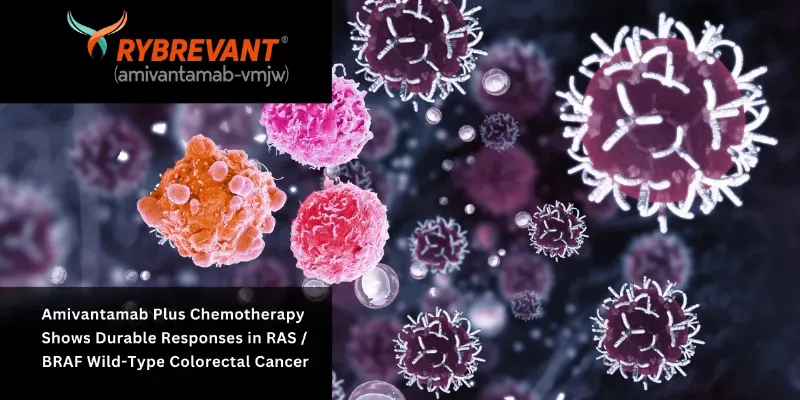
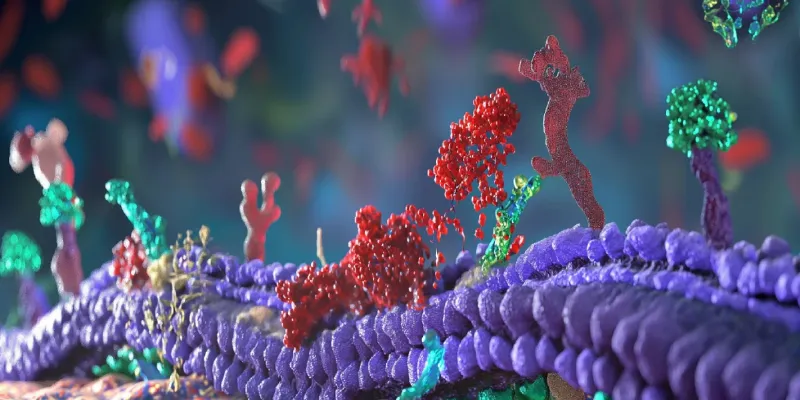

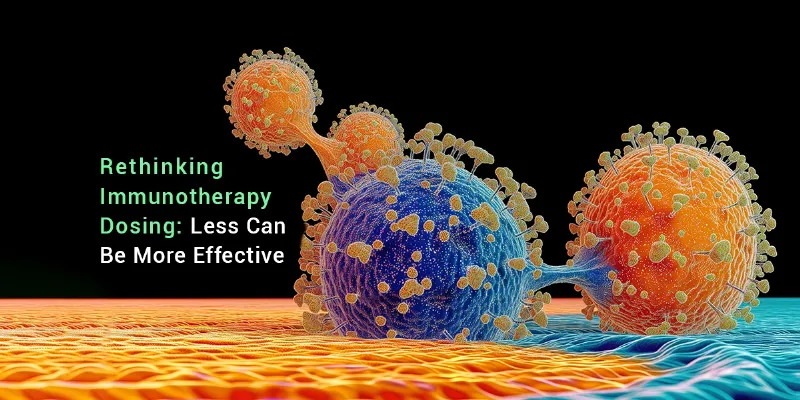
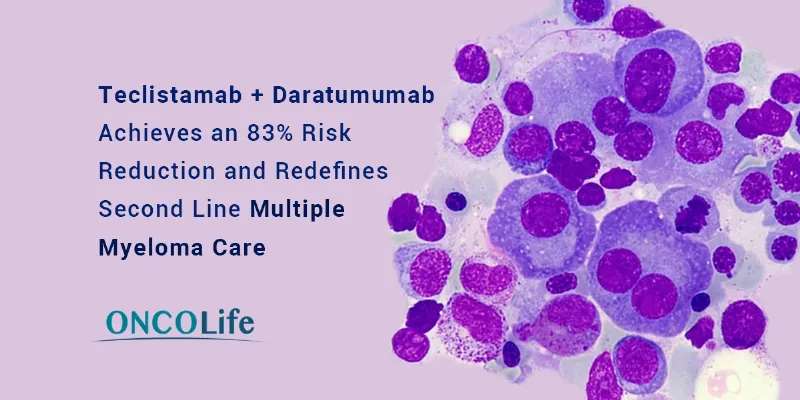

Comments
No Comments Yet!